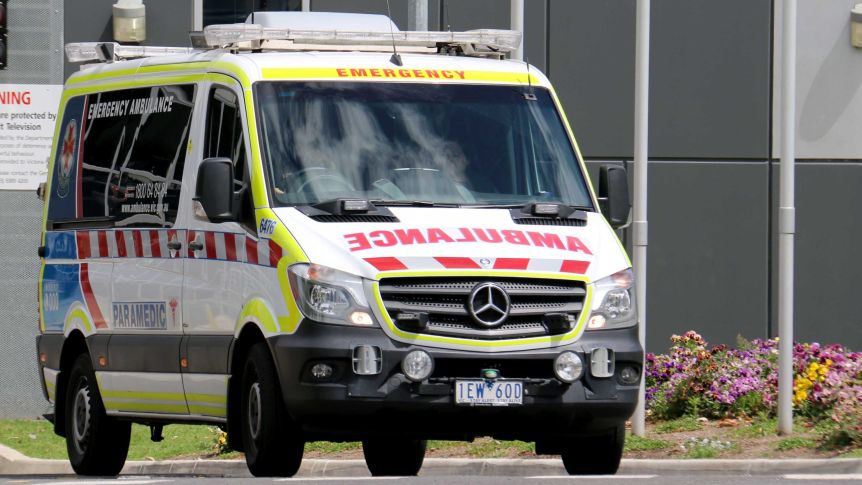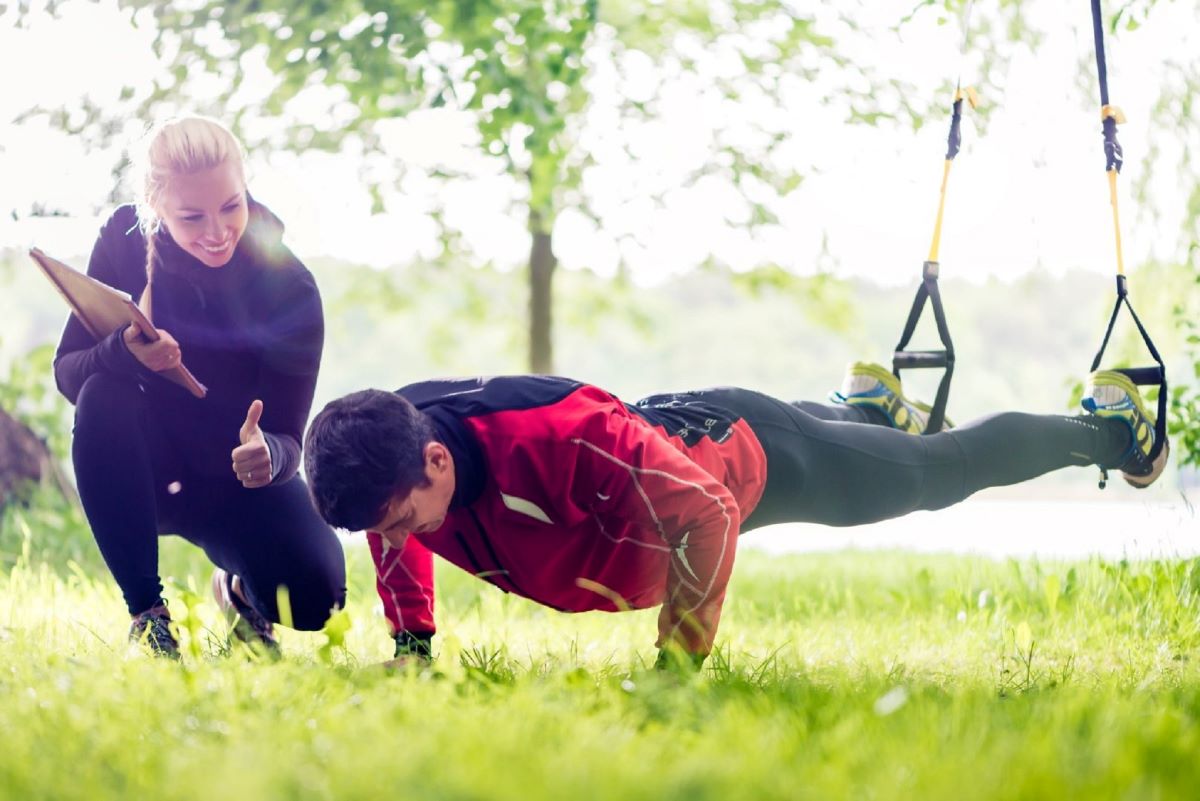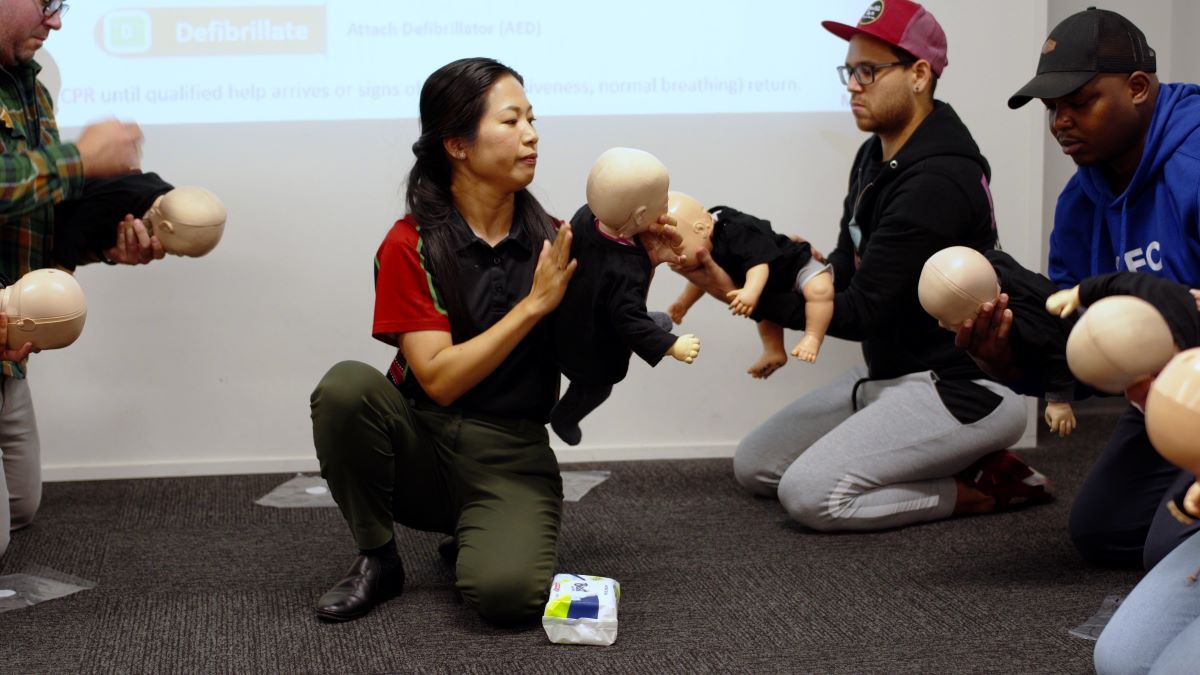Ambulances are a vital part of Australia’s emergency services and are being run by each state government.
In 2017-2018, the South Australia Ambulance Service (SA Ambulance) alone responded to 242,000 incidents and answered an estimated 217,787 Triple Zero (000) calls in the same year.
What happens when you call 000?
Medical Priority Dispatch System (MPDS) requires the dispatcher or the call handler to ask you a systematised series of key questions. These questions allow them to define the health problem and determine the response required: lights and sirens, or not.
When making a 000 call, you will be asked the following:
Case Entry
The Emergency Medical Dispatcher (EMD) will ask you to verify the information below to know the proper procedures to follow. An ambulance can be dispatched at this point to save time.
- Location of the incident
- The Chief Complaint (What is wrong/What caused the incident)
- Age of the casualty
- Is the casualty conscious?
- Is the casualty breathing?
- In case of illness, are there any chest pain?
- In case of accident/injury, is there any severe bleeding?
There is also what you called Post-dispatch instructions. This is where the trained emergency dispatcher will give you advice on what can you do to help if you are not trained in First Aid or a licensed medical professional.
When should you call an ambulance?
The critical services given by the paramedics save a number of lives every day. Sadly, these critical services are sometimes diverted by people calling for non-emergencies. The deployment of paramedics for non-urgent health problems reduces their availability to respond to medical emergencies and major incidents.
To avoid such, we recommend carefully assessing the casualty or the situation first to see whether it constitutes an emergency or not.
An emergency is any situation that poses an immediate risk to a person’s health or life. It may involve sudden illness or injury. In these situations, it is essential to immediately call Triple Zero (000) to activate the emergency services.
All emergency services and ambulances Australia-wide use the triple Zero number. For better response, the Australian Government’s Triple Zero website recommends the caller remain calm, do not shout, and be prepared to provide the necessary information, so the ambulance knows exactly where to go and what to do.
Whether you are an experienced first aider or not, finding yourself in an emergency that requires first aid to be administered can be overwhelming. Having an understanding of basic First Aid treatment may help turn an initially serious situation into a more manageable one.
First Aid for Emergency Situations
First Aid Training does more than help save lives. It teaches you how to remain calm in emergency situations and learn simple acronyms like DRSABCD to help you recall the steps you need to take. Attending First Aid Training will make you confident with your skills and knowledge and, therefore, more effective and in control when you need to be.
Find out more about our First Aid Courses.







